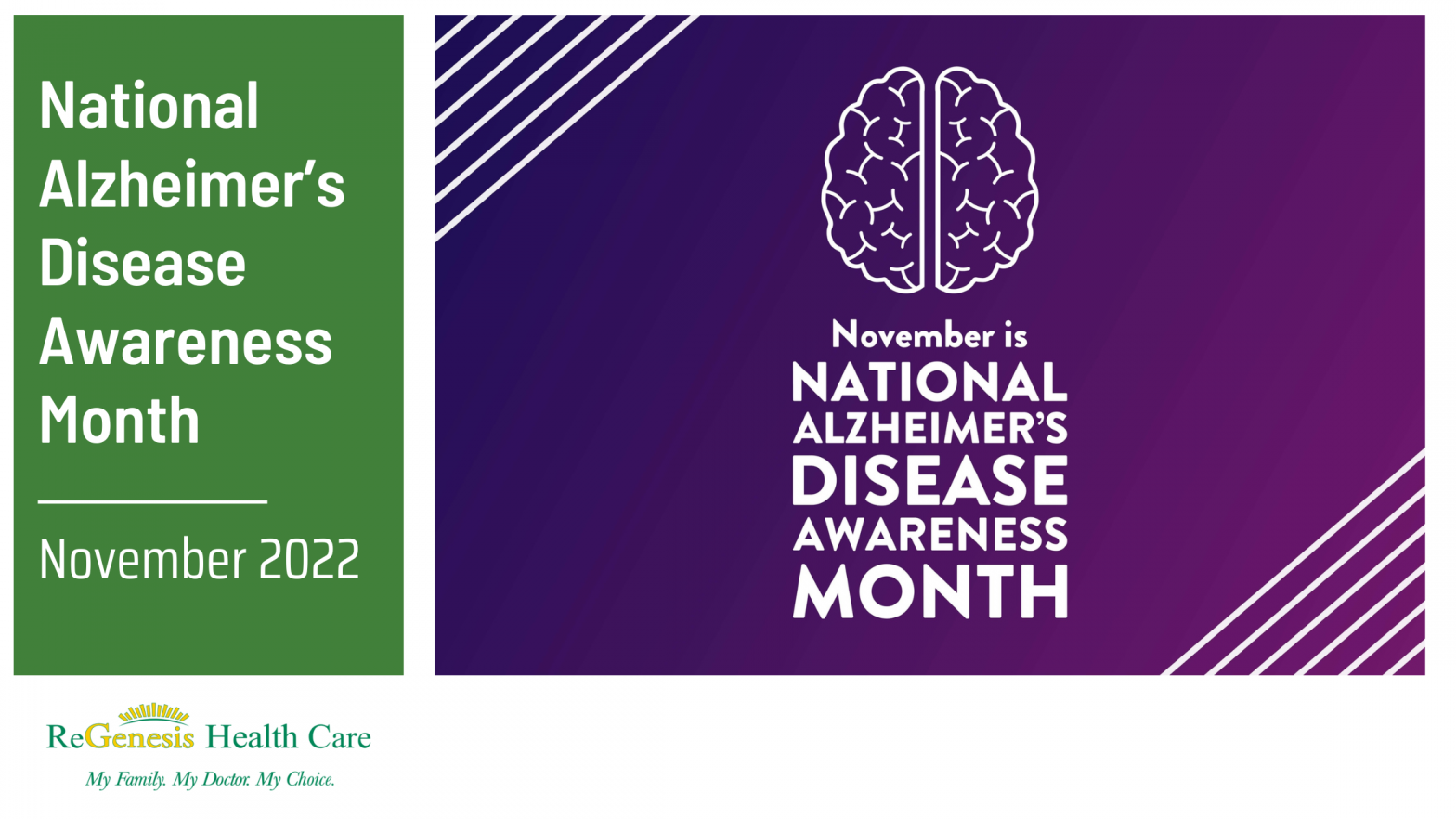Each November we stop to recognize National Alzheimer’s Awareness Month. Alzheimer’s Disease (AD) is a form of dementia that impacts memory, thinking, and behavior. It is also known to be one of the cruelest diseases and a fatal condition, because a sufferer seemingly “disappears” until the person they were, no longer exists. Over 6 million Americans suffer from Alzheimer’s Disease and ranks as the sixth leading cause of death in the US.
Learn the symptoms, treatments, and latest research, as well as how you can help.
What you should know about Alzheimer’s Disease:
- Sense of smell. People with AD often lose their sense of smell, which can be an early sign of the disease.
- Drink coffee. A team of French and German researchers discovered that caffeine and coffee may delay memory decline.
- Linked to heart disease. Heart disease heightens your AD risk due to vascular dementia stemming form narrowed blood vessels in the brain caused by less oxygen.
- Treatment costs are sky high. Treatment costs for AD are expected to balloon to $1 trillion in 2050.
- Impacts women more than men. Brain shrinkage in women appears to be more severe than in men.
National Alzheimer’s Disease Awareness Month is Important
It’s Progressive
Alzheimer’s Disease worsens over time and eventually the sufferer can no longer do routine tasks. During full progression, patients aren’t sure where they are or may not be able to converse.
Interferes with Your Memory
AD attacks your memory of people, places, and things. The symptoms to be aware of are memory loss, trouble making plans and solving problems, confusion over times or places, misplacing objects, and repeating questions. A Alzheimer Disease sufferer may also experience mood and personality changes that can turn into someone being confused, suspicious, or even depressed.
Encourage a Routine
A routine is critical to helping a person manage their AD symptoms. Keep details to a minimum and speak calmly about one idea at a time and don’t overstimulate a sufferer. Reassure your loved one that they are safe with you!
Join us in standing with all the families confronting this challenging disease and also honoring those who care and provide for the victims of this devastating disease. Our caregivers are physically and emotionally challenged each day.
Contact us to learn more about the health services we provide.
Sources: The White House | National Today



